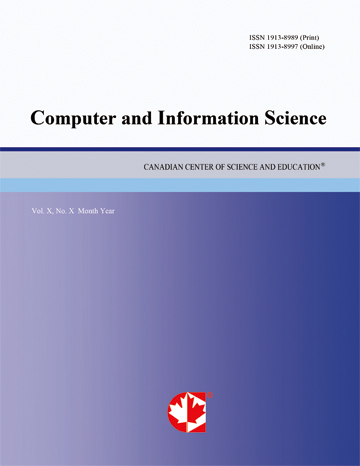Technological Aspects of E-Learning Readiness in Higher Education: A Review of the Literature
- Asma Mosa
- Mohd. Naz’ri bin Mahrin
- Roslina Ibrrahim
Abstract
E-learning has become one of the most important technologies of the modern era. E-learning is a learning process which aims to create an interactive learning environment based on the use of computers and the internet. Through e-learning, learners can access resources and information from anywhere and at anytime. Many higher education institutions have expressed an interest in implementing e-learning, and e-learning readiness is a critical aspect in achieving successful implementation. Higher education institutions should therefore assess their readiness before initiating an e-learning project. E-learning readiness involves many components of e-learning, including students, lecturers, technology and the environment, which must be ready in order to formulate a coherent and achievable strategy. One of the aspects of e-learning readiness is technological readiness, which plays an important role in implementing an effective and efficient e-learning project. This paper explores the gaps in the knowledge about the technological aspects of e-learning readiness through the conduct of a literature review. In particular, the review focuses on the models that have been developed to assess e-learning readiness.
- Full Text:
 PDF
PDF
- DOI:10.5539/cis.v9n1p113
Journal Metrics
WJCI (2022): 0.636
Impact Factor 2022 (by WJCI): 0.419
h-index (January 2024): 43
i10-index (January 2024): 193
h5-index (January 2024): N/A
h5-median(January 2024): N/A
( The data was calculated based on Google Scholar Citations. Click Here to Learn More. )
Index
- Academic Journals Database
- BASE (Bielefeld Academic Search Engine)
- CiteFactor
- CNKI Scholar
- COPAC
- CrossRef
- DBLP (2008-2019)
- EBSCOhost
- EuroPub Database
- Excellence in Research for Australia (ERA)
- Genamics JournalSeek
- Google Scholar
- Harvard Library
- Infotrieve
- LOCKSS
- Mendeley
- PKP Open Archives Harvester
- Publons
- ResearchGate
- Scilit
- SHERPA/RoMEO
- Standard Periodical Directory
- The Index of Information Systems Journals
- The Keepers Registry
- UCR Library
- Universe Digital Library
- WJCI Report
- WorldCat
Contact
- Chris LeeEditorial Assistant
- cis@ccsenet.org
